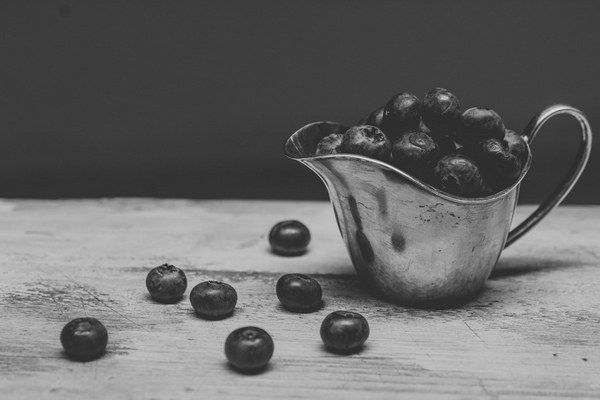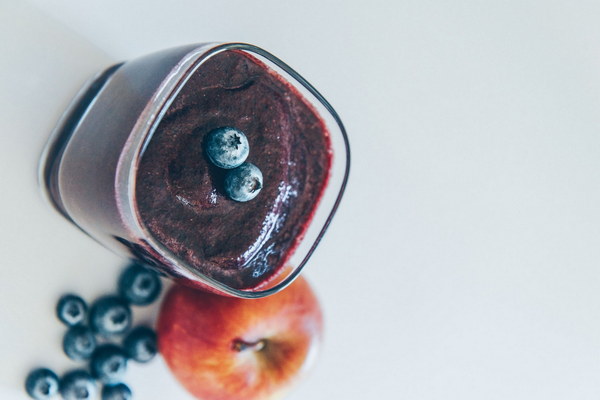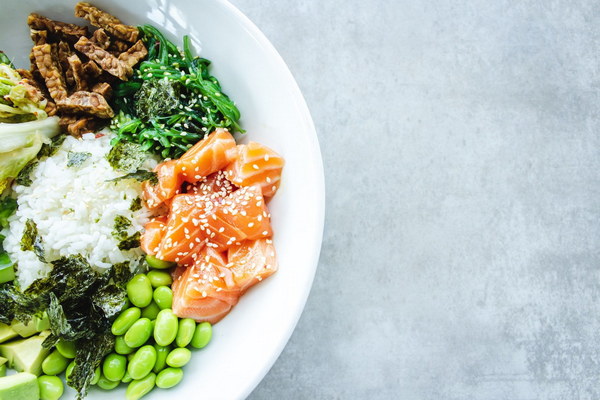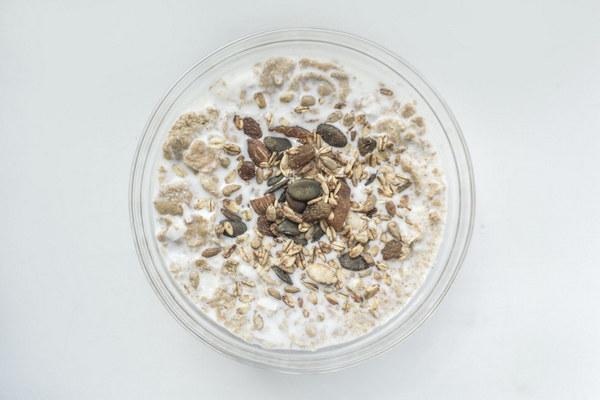Effective Postpartum Remedies for Edema and Dampness Reduction
Introduction:
Postpartum period can be a challenging time for many new mothers, as the body goes through significant changes. One common concern during this time is the accumulation of excess fluid, leading to edema and dampness. This article aims to provide effective remedies and tips for postpartum mothers on how to reduce edema and dampness, promoting overall well-being.
1. Diet and Nutrition:
A balanced diet is crucial for postpartum recovery and reducing edema and dampness. Here are some recommendations:
a. Increase potassium intake: Foods rich in potassium, such as bananas, avocados, and sweet potatoes, can help balance sodium levels and reduce fluid retention.
b. Consume diuretic foods: Foods like watermelon, cucumbers, and strawberries have natural diuretic properties, aiding in the elimination of excess fluid from the body.
c. Avoid high-sodium foods: Foods high in sodium can contribute to fluid retention. Limit the intake of processed foods, salty snacks, and canned goods.
d. Stay hydrated: Drink plenty of water throughout the day to support the body's natural elimination process.
2. Physical Activity:
Engaging in regular physical activity can help improve circulation, reduce edema, and promote the elimination of excess fluid. Here are some postpartum-friendly exercises:

a. Walking: A daily walk can be beneficial for improving circulation and reducing edema. Start with short walks and gradually increase the duration.
b. Light stretching: Gentle stretching exercises can help alleviate muscle tension and improve blood flow.
c. Prenatal yoga: Many prenatal yoga poses are designed to promote relaxation and reduce edema. Consult with a qualified instructor to ensure proper guidance.
3. Proper Sleep:
Adequate sleep is essential for postpartum recovery and managing edema and dampness. Here are some tips for improving sleep quality:
a. Create a comfortable sleep environment: Use a supportive mattress, maintain a cool room temperature, and minimize noise and light.
b. Establish a bedtime routine: Create a calming routine, such as reading a book or taking a warm bath, to signal your body that it's time to rest.
c. Limit caffeine and alcohol consumption: These substances can interfere with sleep patterns and contribute to fluid retention.
4. Herbs and Supplements:
Some herbs and supplements may help reduce edema and dampness. However, it's crucial to consult with a healthcare professional before incorporating them into your postpartum care:
a. Dandelion: Known for its diuretic properties, dandelion can help eliminate excess fluid from the body.
b. Horsetail: Rich in silicon, horsetail can support the connective tissues and aid in reducing edema.
c. Vitamin B6: This vitamin can help regulate fluid balance and reduce edema.
5. Acupuncture and Massage:
Acupuncture and massage therapy can be effective in reducing edema and dampness by improving circulation and promoting relaxation. These treatments can be particularly beneficial for postpartum mothers who are experiencing muscle tension and discomfort.
Conclusion:
Reducing edema and dampness during the postpartum period is essential for overall well-being. By following a balanced diet, engaging in regular physical activity, ensuring adequate sleep, and considering herbs and alternative therapies, postpartum mothers can effectively manage these concerns. Remember to consult with a healthcare professional before making any significant changes to your postpartum care routine.









